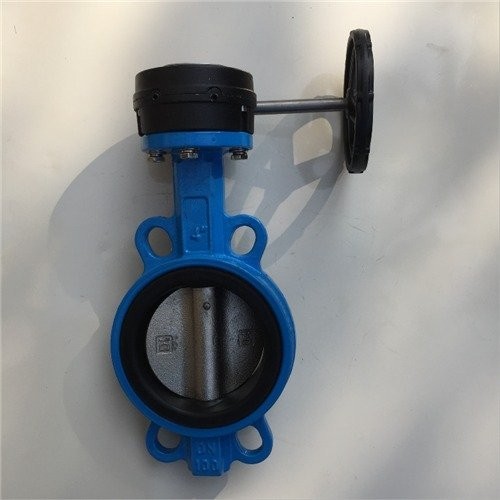Selecting the Right Gasket for Your Check Valve to Ensure Optimal Performance and Durability
Understanding Check Valve Gaskets Importance, Types, and Maintenance
Check valves are essential components in various piping systems, primarily designed to ensure unidirectional flow of fluids while preventing backflow. A critical part of a check valve is its gasket, which plays a significant role in sealing and maintaining the integrity of the valve under different operating conditions. This article explores the importance of check valve gaskets, the types available, and best practices for maintenance.
Importance of Check Valve Gaskets
The gasket in a check valve serves several key functions
1. Sealing Gaskets create a tight seal between the valve body and the cover, preventing leaks that can lead to efficiency losses, environmental hazards, or equipment damage. A well-sealed check valve ensures that the fluid flows in the intended direction without any leaks that could compromise system pressure.
2. Pressure Regulation By ensuring a secure seal, gaskets help maintain the appropriate pressure levels within the system. Fluctuations in pressure can lead to valve malfunction or failure, making the gasket an essential component for reliable operation.
3. Protection against Contamination Gaskets help protect against external contaminants entering the valve system. A good seal prevents dirt, debris, and other foreign particles from interfering with the valve's performance, which can lead to corrosion or wear over time.
4. Vibration Absorption The materials used for gaskets often possess damping properties that can help absorb vibrations in the piping system, reducing wear and tear on the valve and associated components.
Types of Check Valve Gaskets
Check valve gaskets are available in various materials, each suited for different applications based on temperature, pressure, and the type of fluid being handled
. Common materials include1. Rubber Often used for general-purpose applications, rubber gaskets are flexible, easy to install, and provide good sealing properties. However, they may not be suitable for extreme temperatures or harsh chemical environments.
check valve gasket

2. PTFE (Polytetrafluoroethylene) Known for its chemical resistance and high-temperature tolerance, PTFE gaskets are ideal for use in harsh chemical environments. They are non-reactive and can handle a wide range of temperatures, making them a popular choice in the chemical and pharmaceutical industries.
3. Graphite This material is used in high-temperature applications due to its ability to withstand extreme conditions. Graphite gaskets are also known for their excellent sealing properties and durability, making them suitable for steam, oil, and gas applications.
4. Metal Gaskets In high-pressure situations, metal gaskets may be required. They are typically more rigid and are used in industrial applications where high mechanical strength and resistance to compression are needed.
Maintenance of Check Valve Gaskets
Proper maintenance of check valve gaskets is crucial for ensuring their longevity and effectiveness. Here are some best practices
1. Regular Inspections Frequently inspect check valves and gaskets for signs of wear, deformation, or leaks. Regular inspections help identify potential issues before they escalate into larger problems.
2. Proper Installation Ensure that gaskets are correctly installed according to the manufacturer's specifications. Incorrect installation can lead to premature failure, leaks, or valve malfunction.
3. Cleaning Keep the area around the check valve clean to prevent contaminants from affecting the gasket and valve functionality. Regular cleaning can extend the life of both the gasket and the valve.
4. Temperature and Pressure Monitoring Keep an eye on the operating conditions of the system. Extreme fluctuations in pressure or temperature can compromise the integrity of the gasket, leading to leaks or valve failure.
In conclusion, check valve gaskets are vital for the efficient operation of valves in various applications. Understanding their importance, recognizing the types available, and adhering to maintenance practices can significantly enhance the reliability and lifespan of check valve systems. Proper attention to these components ensures that fluid systems run smoothly and effectively, preserving both productivity and safety.
-
The Key to Fluid Control: Exploring the Advantages of Ball Valves in Industrial SystemsNewsJul.09,2025
-
The Versatile World of 1, 2, and 3 Piece Ball ValvesNewsJul.09,2025
-
Stainless Steel Ball Valves: The Ideal Choice for Efficient Flow ControlNewsJul.09,2025
-
Optimizing Fluid Control with Ball Float ValvesNewsJul.09,2025
-
Manual Gate Valves: Essential for Control and EfficiencyNewsJul.09,2025
-
Everything You Need to Know About Butterfly ValvesNewsJul.09,2025
-
The Versatility of Wafer Type Butterfly ValvesNewsJul.08,2025




